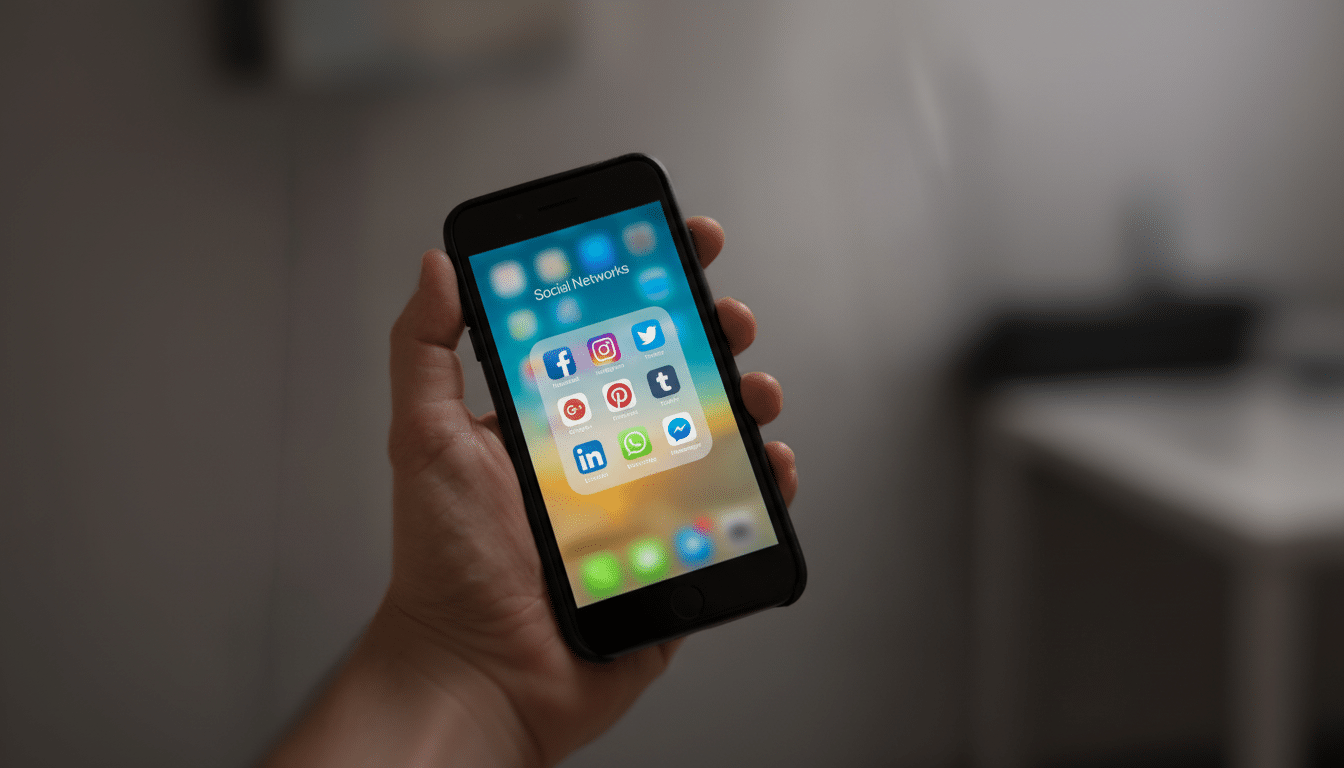It’s only been seven days since I started living with my MacBook Pro on macOS 26 “Tahoe,” and five changes have made it difficult to work the old way. Apple’s big headline is the new design language, but the real story here is how Tahoe tightens up the Mac‑iPhone connection, shaves friction from common tasks, and turns Spotlight into a real command center.
Apple gave a sneak peek of this at WWDC, along with its Apple Intelligence effort and further cross‑device coherence. Day‑to‑day, the gains feel cumulative: little interactions get shorter, and the Mac feels less like an island and more like a hub.

Phone app finally makes your Mac and iPhone one
The native Phone app on Mac is the feature I’ve wanted for years. With the Phone app’s one‑click dialing and recent calls, your contacts sync straight into parts of macOS, so numbers are clickable wherever they appear. iOS‑level features such as Hold Assist and Call Screening also work, so you don’t need two phones. It’s ordinary in the best sense — calls just come where you are seated.
Live Activities are now front and center on the Mac as well. When ride‑share notifications came in, I clicked on the banner on my desktop and went right into iPhone Mirroring to tip and approve my drop‑off without having to take out my phone. Apple showed off that exact flow at WWDC; in real life it’s a way to avoid those constant looks at the lock screen that disrupt your focus.
Liquid Glass: Modern-looking — and gives back space
It’s not just that Apple’s new Liquid Glass look is pretty. Translucent sidebars, toolbars, and the Dock decrease visual weight so that more content can appear on the screen. Rounded geometry and layered translucency add a sense of depth without screaming for attention. In Xcode and Lightroom I’m getting an additional line or two of useful data as the chrome peels away.
Customization runs deeper, too. Right‑click a folder and select Customize Folder to recolor, rename with style, or add an emoji badge — my “📸 RAW” folder defies neglect. New wallpapers, accent hues, and icon themes enable you to nudge the whole system toward minimalist or playful without shattering coherence.
Spotlight grows up into a real command palette
Spotlight in Tahoe is more than “just search.” It reads natural language, runs Shortcuts, and triggers app‑specific actions. I don’t have to rely on control panels for this; I can type “increase exposure +20%” when a photo editor is active and be dropped directly at the control. If I can’t remember off the top of my head where a setting lives in a complex app, Spotlight hunts it down and toggles it faster than I can delve through menus.
There’s built‑in clipboard history, and automation hooks into Apple Intelligence for briefs, drafts, and image generation. According to Apple, on‑device models will serve a large number of requests, with smaller tasks processed via Private Cloud Compute and, if necessary, explicitly handed off to ChatGPT from within the flow. The result is an efficient, privacy‑respectful assistant that lives where you work.

Desktop widgets and a smarter Control Center
Desktop widgets seem like a small thing until you put the right ones in place. Weather, Calendar, and World Clock now quietly rest on my canvas — updating in real time, merging with the wallpaper. They’re interactive, too, which means I can check off reminders or hop into a meeting without opening the full apps.
Control Center comes with full customization, just like on iPhone and iPad. I pinned Calculator and Screenshot tools low for muscle‑memory taps, and moved Bluetooth and Wi‑Fi up top. The payoff: fewer visits to System Settings and quicker access to the toggles I tap a dozen times daily.
Quick Keys + Shortcuts: Creative routines on steroids
Tahoe’s all‑new Quick Keys translate common tasks into snippet triggers. In the Actions field, I set “sm” to message an editor, “mtg” to start a Zoom call, mute notifications, and open a notes template, and “ship” to paste my mailing address into an order form and open the courier’s tracking page. So it’s the best of a launcher app in the OS.
Layer Shortcuts on top of that and you have some serious automation. My Mac turns Do Not Disturb on at the beginning of deep‑work blocks and greets me with a Morning Summary — weather, calendar events, and top reminders — when I connect to the office Wi‑Fi. One week in, these micro‑automations were saving me 15–20 minutes of reclaimed time per day on my screen‑time measurements — a small number that aggregates over months.
One practical note: Tahoe is Apple‑Silicon country. That advice dovetails with the platform transition Apple announced to developers — in, say, M1‑and‑newer Macs; out, on most Intel machines relying on earlier releases like Sequoia or Sonoma. That focus has enabled the tighter AI integration and responsiveness I’m seeing throughout the system.
Bottom line: Tahoe is not one big marquee feature; it’s a mound of thoughtful refinements. The Phone app and Live Activities keep me on the Mac, Liquid Glass gives back pixels, Spotlight is finally the command palette I’ve been wanting, and Quick Keys paired with Shortcuts banishes repetitive grunt work. It feels like Apple tightening the bolts as opposed to repainting the car, and that’s exactly what my daily workflow needed.

